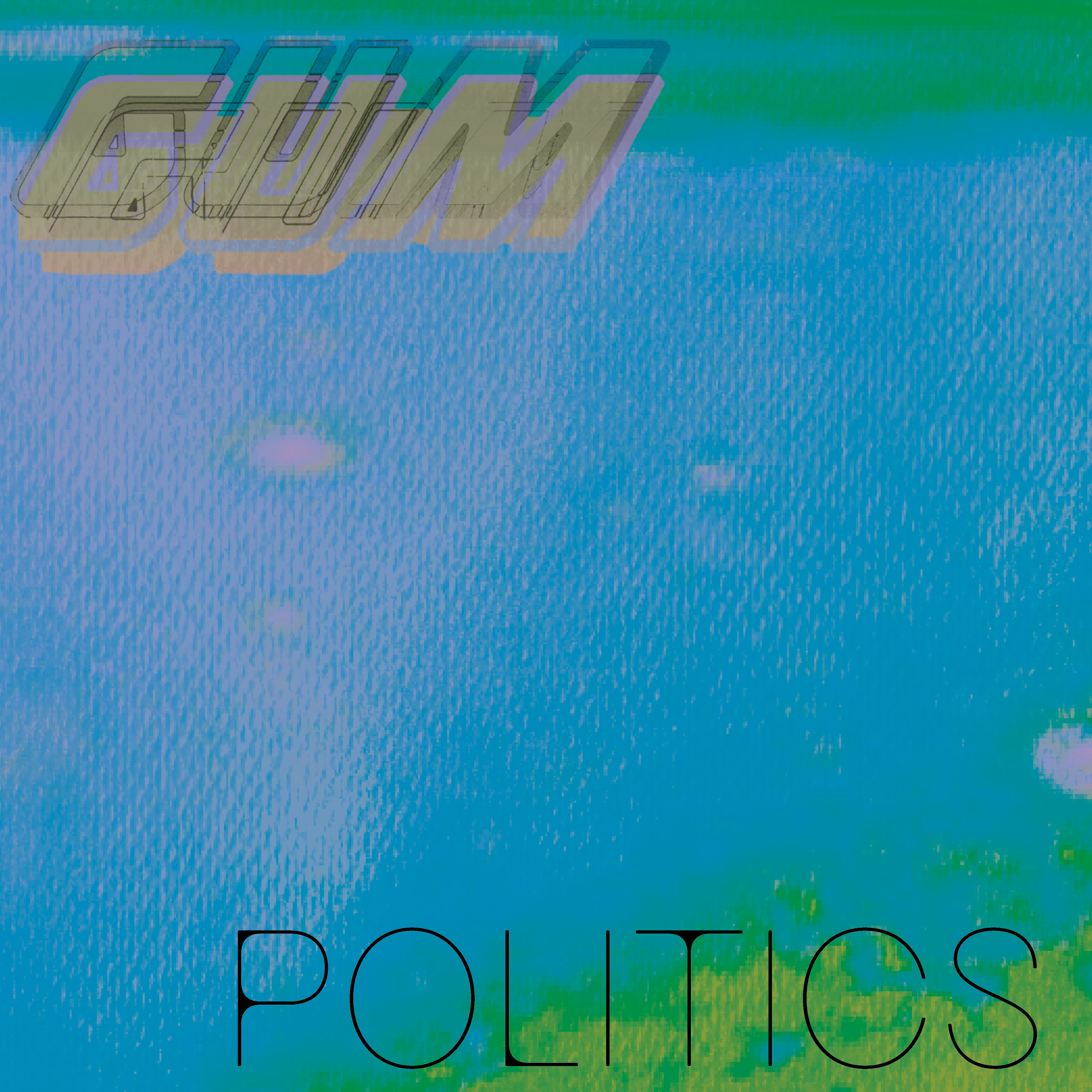Words: Sasha Morsli Gauthier(she/her)
What would you do if, tomorrow, GUM was brought up by an industrial giant? Would it fundamentally change anything for you? Would you still read these articles in the same way? Or would you stop reading GUM altogether?
The well-known North American independent media company, Vice Media, experienced a financial downturn in 2018. In the end it agreed to be acquired for $350 million last summer by Fortress Investment Group, a private investment management firm which in turn is 70% owned by the Emirati state run Mubadala Investment Company. This month, Vice Media announced the cancellation of several of its successful programmes, as well as the dismissal of dozens of employees, while offering senior executives generous compensation packages (“retention bonuses”) worth over $1 million at the same time. These decisions taken since the buyout of Vice have provoked fierce criticism from Vice Union, which published a statement a few days ago on ‘X’. The last sentence of the press release is particularly poignant: ‘VICE Union stands in solidarity with our redundant colleagues, who helped make this company what it was, but what it is no longer’.
Unfortunately, this phenomenon is far from isolated: independent media are often forced to sell up in order to survive. In France, my home country, the most recent example is the Journal du Dimanche (Sunday Paper), a traditional weekly newspaper, which historically adopted a moderate stance and rarely took sides. Last summer saw multi-billionaire Vincent Bolloré finalise the purchase of a number of newspapers, including the JDD. The new owner has appointed Geoffroy Lejeune as head of the newspaper’s editorial team, a journalist convicted of publishing racist material in Valeurs Actuelles (Current Values), the ultraconservative weekly of which he was previously managing editor.
This radical change in the paper’s editorial team led to a 40-day strike by JDD journalists, a first in the paper’s history. The strike ended with Lejeune still taking up his post and the payment of two months’ salary per year of seniority for all journalists wishing to resign, most having made this choice. However, nothing was put in place to guarantee the newspaper’s editorial independence from outside pressure. The first issue of the “Lejeune era” was heavily criticised, particularly from an ethical point of view, with the use of an image without authorisation.
The new owner of the JDD, Vincent Bolloré, a well-known businessman in France, has been also much criticised, but you won’t find this criticism in the press, and for good reason: he owns most of it. As a strong supporter of Éric Zemmour, a far-right politician and former journalist, he helped him gain popularity in the last presidential election. Today, Bolloré is at the head of a conservative and reactionary media empire.
An ongoing study estimates that in France, 9 billionaires currently share the bulk of France’s national print, radio and audiovisual media, representing 90% of media shareholders. We are therefore faced with a monopoly of the press by billionaires who put their private interests across through their media in North America, France and elsewhere – if not everywhere: Poland’s first private radio station is financed by an oil giant, and only 3 companies dominate 80% of the UK news market.
A number of problems arise from this phenomenon. When the ownership of a media outlet changes, so too does its media identity, and this is all the more true when the owner in question is a wealthy businessman with levers of influence and intimidation. Workers are the very first to suffer the consequences – not just in the media industry. Their freedom to inform faces heavy censorship from the all-powerful owners. This hostage-taking of media and journalists who need to be acquired in order to survive is also the hostage-taking of consumers, whose freedom of access to information is hindered.
So far, the only solution to counter this phenomenon seems to be union pressure through strikes and mass resignations. However, as we have seen, this does not seem to solve the problem.
Could the law change anything?
Last October, the European Parliament expressed its desire to legislate to protect media independence and transparency. But this could take some time, and would only affect member states anyway.
Information is a public good, not a privilege that can be bought. It is all the more precious at a time when Western democracies are already fragile and even backsliding.
• In the midst of bankruptcy, VICE executives got paid. Workers didn’t.
• Vice Media declares Fortress Investment Group the winning bidder in bankruptcy sale.
• QUI POSSÈDE LES MÉDIAS? CAPITAL, GOUVERNANCE ET INDÉPENDANCE
• UE: le Parlement européen veut renforcer l’indépendance des médias
• L’empire Bolloré à l’attaque
• Report: Who Owns the UK Media?
For further information:
The trailer for the fascinating French documentary Media Crash: who killed the public debate? It’s easily accessible on the internet, although I’m not sure if an English subtitled version exists. Media Crash – Trailer

